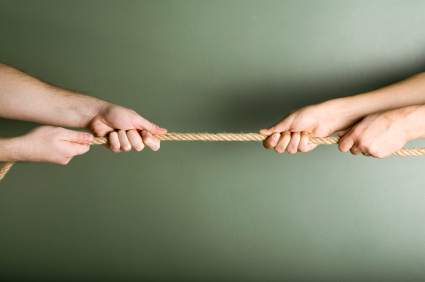rest and guilt
Napping is one of the strongest signs your body trusts this new space!!!!
Your body finally has space — and it’s confused
When you lived in instability or around abusive patterns, rest wasn’t safe. You had to stay alert, anticipate, manage people, protect yourself emotionally.
Now you’re in a calmer environment… but your trauma hasn’t caught up. So when you nap, your body goes:
“Wait… is this allowed? Am I missing something? Shouldn’t I be doing something to protect myself?”
That guilt is not truth — it’s a leftover survival response.
2. Rest after a big move is normal
Guilt is a sign of healing, not failure
Guilt appears when your behavior is changing faster than your old beliefs.
Old belief:
“Rest is unsafe or irresponsible.”
New reality:
“I’m safe now. My body needs this.”
The guilt is the gap between those two. It fades as your nervous system catches up.
Try giving your guilt a sentence
Something simple to anchor the shift:
“This is what healing feels like. My body is learning safety.”
2. Now that you’re free, the old programming is firing.
You have more time.
More peace.
More autonomy.
But your system hasn’t learned the new rule yet:
“I’m allowed to rest because there is no one here using me.”
The guilt is not you doing anything wrong — it’s an echo from years of being overworked, undervalued, and interrupted.
3. That “falling behind” feeling isn’t real — it’s trauma momentum.
You were trained to always anticipate someone else’s needs, manage multiple households, stay ahead so you wouldn’t be shamed or reprimanded.
Your body is used to chaos.
Your schedule is used to overload.
Your mind is used to performing to avoid criticism.
So when life gets quiet?
Your system feels like you’re “behind,” when actually you’re finally on your own time

Comments
Post a Comment